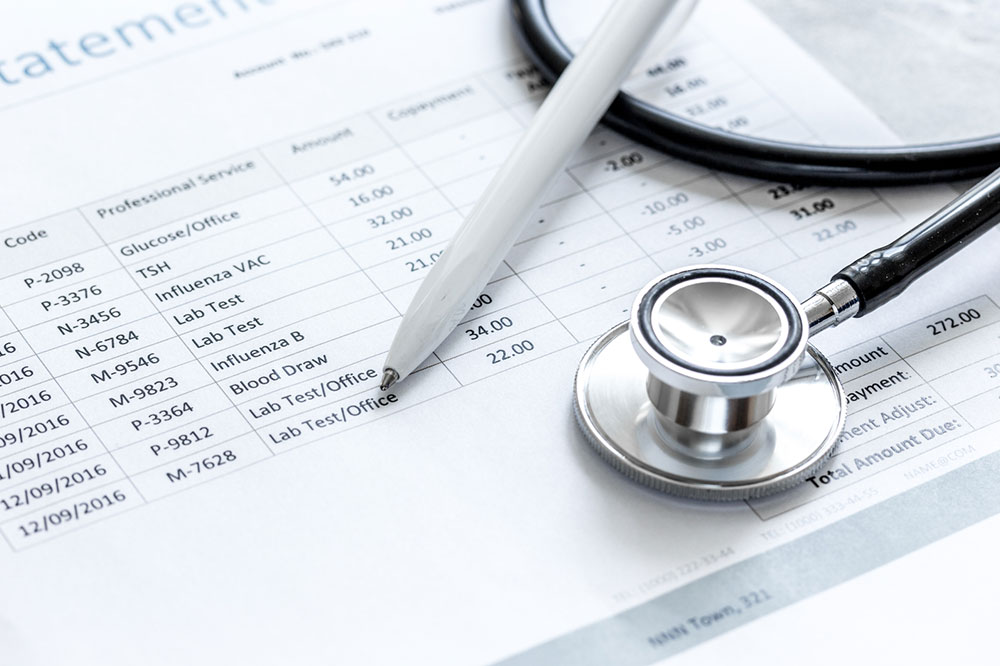Benefits of Electronic Health Record (EHR) Management Systems
Explore the key advantages of implementing Electronic Health Record (EHR) management systems in healthcare. Learn how these systems enhance data security, streamline administrative tasks, and improve patient engagement. From tailored features to seamless integration with billing and patient portals, discover why EHR software is essential for modern medical practices.

Benefits of Electronic Health Record (EHR) Management Systems
Healthcare facilities, including hospitals and clinics, rely heavily on organized patient data. Proper management of this information is essential to prevent loss and ensure quick access. Electronic Health Record (EHR) systems enable efficient storage, retrieval, and printing of patient data, such as lab results, prescriptions, and reports. Popular EHR solutions like Meditouch, Athenahealth, and NeuMD facilitate seamless data handling, improving overall healthcare delivery.
With EHR systems, patient details can be updated instantly. These platforms also offer secure data storage, making information highly reliable. Customizable options allow tailored features to meet specific needs. EHR software easily integrates with billing systems and provides patient portals for direct access, fostering transparency and engagement.
The software enables scheduling appointments, generating prescriptions directly from patient records, and organizing medication lists. It also supports sharing diagnostic results and educational resources with patients, enhancing communication. User-friendly templates and minimal training requirements make EHR systems cost-effective and easy to implement. Their capacity to handle large datasets, like student information, demonstrates their versatility across various healthcare sectors.
Choosing an EHR platform improves operational efficiency, patient care, and data security. The ability to customize features and integrate with other health systems makes it a vital tool for modern healthcare providers. Overall, EHR management systems streamline administrative tasks, promote better patient engagement, and support health management from a single, secure platform.










